10 Popular Home Architecture Styles to Know
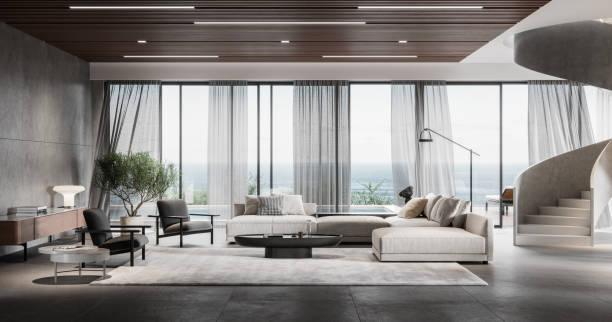
When choosing or building a home, architecture plays a central role in determining not just how a house looks but how it functions for everyday living. From classic colonial homes to sleek modernist designs, each architectural style carries unique charm, history, and practical advantages. Understanding different home architecture styles helps homeowners make informed decisions, whether buying, renovating, or building. This guide explores 10 of the most popular residential architecture styles, highlighting their origins, features, and benefits.
For those who want to stay ahead of the curve, you might also find inspiration in the latest updates that highlight emerging architectural styles and features expected to dominate in coming years. Now let’s explore which styles have stood the test of time—and why they remain relevant today.
Top 10 Home Architecture Styles
Colonial Architecture
Colonial-style homes are among the most iconic and enduring in American residential design. Inspired by early European settlers, particularly from England, these homes typically feature symmetrical façades, gabled roofs, and multi-paned windows. You’ll often find brick or wood exteriors with a centered front door and evenly spaced windows.
Why choose it? Colonial homes offer a timeless look and are well-suited to families due to their balanced layout and spacious interiors. Their traditional charm is often enhanced through tasteful renovations that keep modern lifestyles in mind.
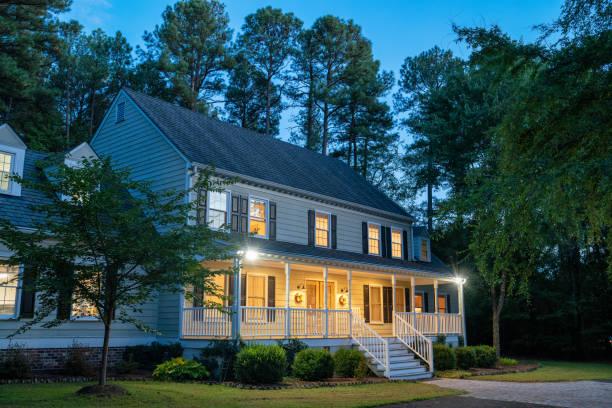
Victorian Architecture
Victorian homes are a favorite for their ornate detail and dramatic curb appeal. Emerging during Queen Victoria's reign, this style often includes asymmetrical layouts, steep roofs, turrets, patterned shingles, and intricate trim work.
Why it stands out: Victorian architecture appeals to homeowners who want unique, historic charm. While often more expensive to maintain, the aesthetic payoff is undeniable. Their grand interiors and decorative features make them popular among design enthusiasts.
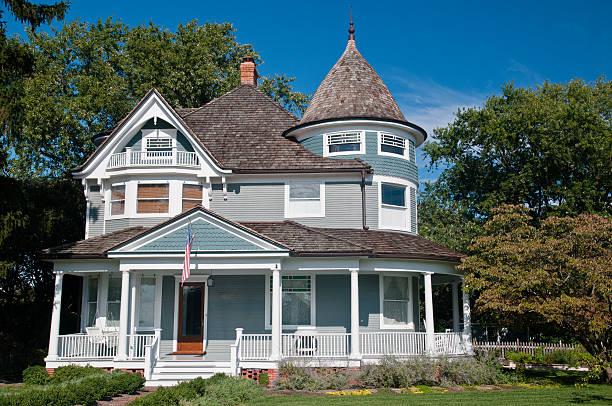
Craftsman Architecture
Craftsman-style homes are known for their handcrafted feel, deep front porches, and exposed beams. Originating in the early 20th century as part of the Arts and Crafts movement, this design emphasizes simplicity, function, and quality materials.
What makes it appealing: This architectural style is perfect for those who value natural materials and custom touches. It also tends to be more energy-efficient thanks to smart use of space and insulation.
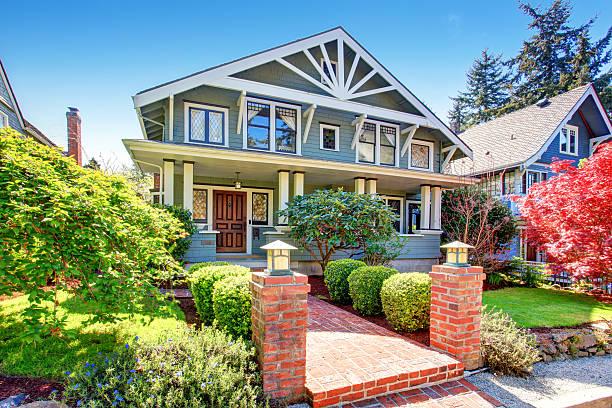
Ranch-Style Architecture
Ranch homes are single-story structures that rose to popularity in the 1950s. Characterized by open floor plans, low-pitched roofs, and attached garages, they’re ideal for suburban living.
Why it works: With everything on one floor, ranch-style homes are accessible, making them great for aging in place or young families. Their open layout allows for easy customization and remodeling.
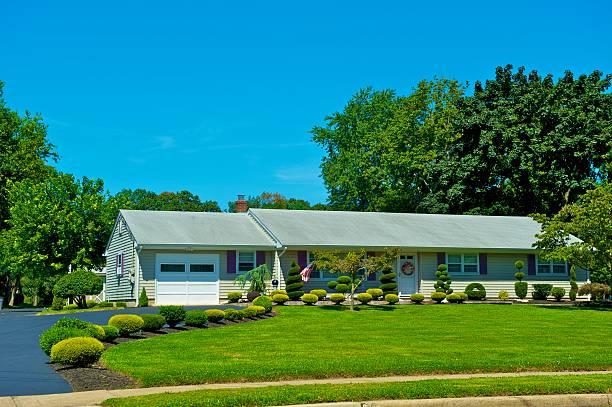
Modern Architecture
Modern home architecture emerged in the early 20th century and favors clean lines, flat or low-pitched roofs, and minimal ornamentation. These homes often use steel, glass, and concrete for a sleek, industrial look.
Who it’s for: If you love minimalism and open-concept living, modern architecture is for you. It emphasizes efficiency, natural light, and indoor-outdoor connections—making it perfect for contemporary lifestyles.
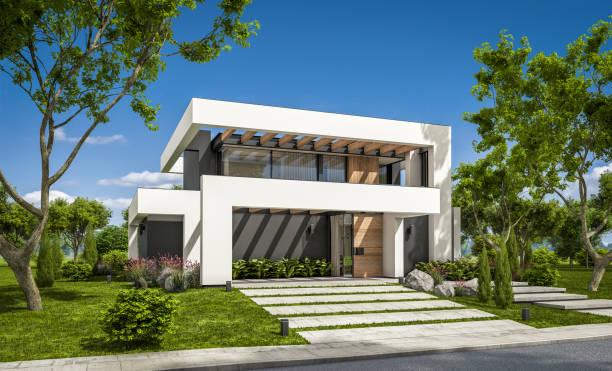
Mediterranean Architecture
Mediterranean-style homes draw inspiration from Spanish and Italian villas, typically featuring stucco walls, red-tiled roofs, arches, and balconies. They’re especially popular in warmer climates like California and Florida.
Advantages: These homes are designed to keep interiors cool, and they often feature outdoor living spaces, making them ideal for entertaining and relaxing.
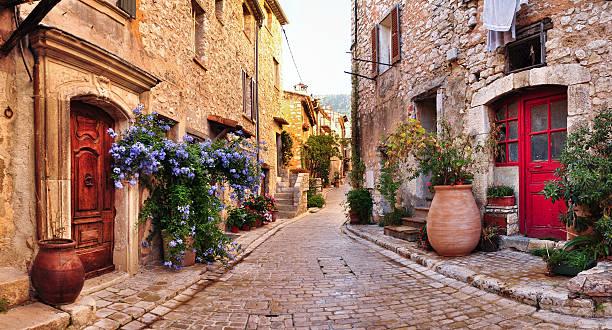
Tudor Architecture
Tudor-style homes are known for their steeply pitched roofs, tall, narrow windows, and half-timbered exteriors. Popular in the U.S. during the 1920s and 1930s, they mimic late medieval English homes.
Why choose Tudor? Their storybook charm and solid construction make them enduringly popular. Though they tend to be more costly to build or renovate, they bring historic elegance to any neighborhood.
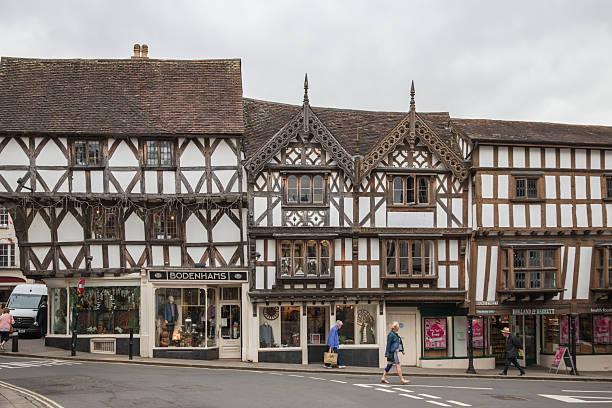
Contemporary Architecture
Often confused with modern architecture, contemporary homes refer to what's current now rather than a specific time period. These homes borrow from various styles and often emphasize sustainability, smart technology, and natural materials.
Why it's trendy: Contemporary designs evolve with changing lifestyles and environmental concerns. If you’re looking into newer ideas and innovations, you may also want to explore a helpful resource that discusses emerging design trends expected to shape homes in 2025.
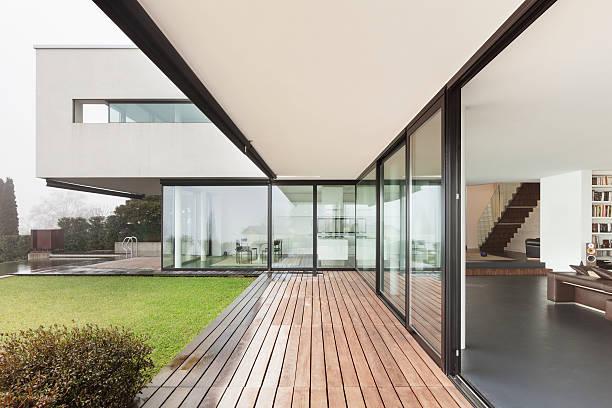
Cape Cod Architecture
Cape Cod homes originated in 17th-century New England and remain popular due to their simple, symmetrical design and practical layout. Typically one to one-and-a-half stories, these homes feature dormer windows and steep roofs.
Best for: Small families or first-time homeowners. Their manageable size and straightforward design make them budget-friendly and easy to maintain.
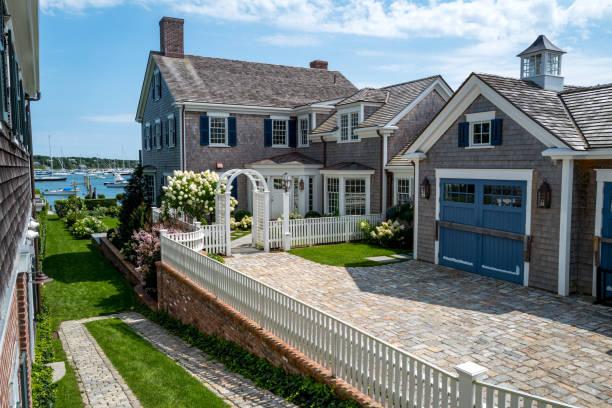
Farmhouse Architecture
Farmhouse-style homes offer a blend of rustic charm and modern comfort. Traditionally built on agricultural land, today’s farmhouses often incorporate wraparound porches, large kitchens, and open spaces.
Why it’s beloved: These homes feel warm and inviting. With the rise of modern farmhouse aesthetics—thanks in part to home improvement shows—this style remains one of the most sought-after in both rural and suburban areas.
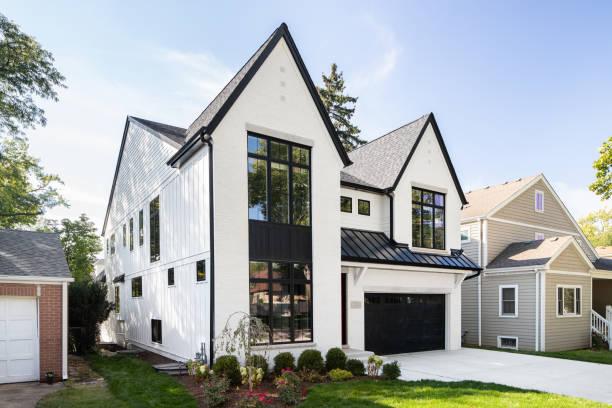
Conclusion
Understanding different architectural home styles helps homeowners and buyers make informed choices based on aesthetics, functionality, and lifestyle. Whether you’re drawn to the charm of a Victorian, the simplicity of a ranch, or the sleekness of modern design, knowing what each style offers can guide your decisions and future upgrades. Architecture is more than appearance—it shapes how you live every day. For personalized design solutions tailored to your home’s style, explore our professional architecture services. And with trends constantly evolving, staying informed about what’s new and what lasts is the key to building or buying a home you’ll love for years to come.
FAQs About Home Architecture Styles
Q1. What is the most popular home architecture style in the U.S.?
Currently, ranch and modern farmhouse styles are among the most popular due to their accessibility and open floor plans.
Q2. How do I choose the right architectural style for my home?
Consider your lifestyle, climate, budget, and aesthetic preferences. It's also important to align with local zoning regulations.
Q3. Can different architecture styles be combined?
Yes, many modern homes mix elements from multiple styles to create a unique look that meets current needs.
Q4. Are certain architectural styles more energy-efficient?
Contemporary and modern homes tend to integrate more energy-efficient materials and layouts, especially when designed with sustainability in mind.
Q5. Does architectural style affect home value?
Yes, a well-maintained home with a desirable architectural style can boost resale value, especially if it matches neighborhood aesthetics.
- Art
- Causes
- Best Offers
- Crafts
- Dance
- Drinks
- Film
- Fitness
- Food
- Oyunlar
- Festival
- Gardening
- Health
- Home
- Literature
- Music
- Networking
- Other
- Party
- Religion
- Shopping
- Sports
- Theater
- Wellness



